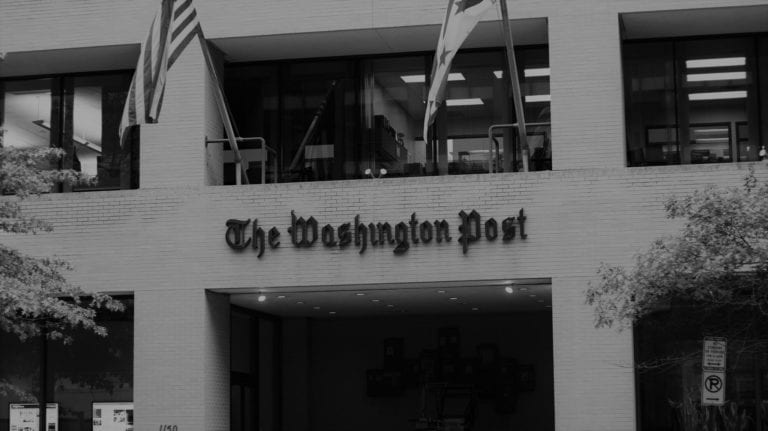

WashPost Tries to Stop Fake News, Becomes Part of the Problem


From RealClearPolitics:
On Monday evening, just as the Iowa caucuses were heating up, the Washington Post published a story with this unambiguous headline: “Conservatives spread false claims on Twitter about electoral fraud as Iowans prepare to caucus.” The story was damning in tone and unequivocal in its assertions. “The claims of electoral fraud were false, proved untrue by public data and the state’s top election official,” it began. “That didn’t stop them from going viral, as right-wing activists took to Twitter over the weekend to spread specious allegations of malfeasance on the eve of Iowa’s first-in-the-nation caucuses.”
While concern about “fake news” influencing elections is a legitimate concern, in its rush to debunk a false claim going viral, the Post itself may be spreading fake news. Even more worrisome, the Post’s bad reporting was used to scrub information from social media.
What happened was this: On Monday, the conservative group Judicial Watch put out a press release headlined, “Eight Iowa Counties Have Total Registration Rates Larger than Eligible Voter Population – at Least 18,658 Extra Names on Iowa Voting Rolls.” This is a pretty standard public relations tactic. Judicial Watch was seizing on the news of the day to highlight an issue it had been working on long before the Iowa caucuses. Last year, a Judicial Watch lawsuit forced Los Angeles County to settle out of court and clean up its voter rolls – the county had a staggering 1.5 million more voter registrations on file than voting-age citizens who lived there. Another lawsuit brought by the group forced Kentucky to remove an excess of 250,000 voter registrations from the rolls, as mandated by federal law.















